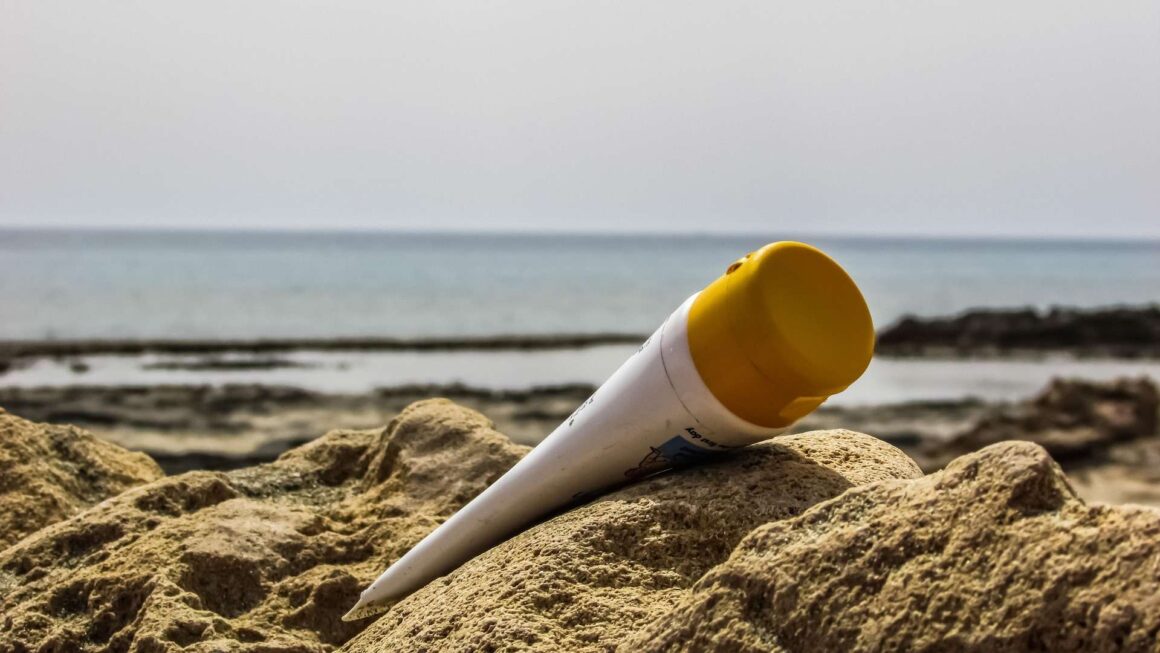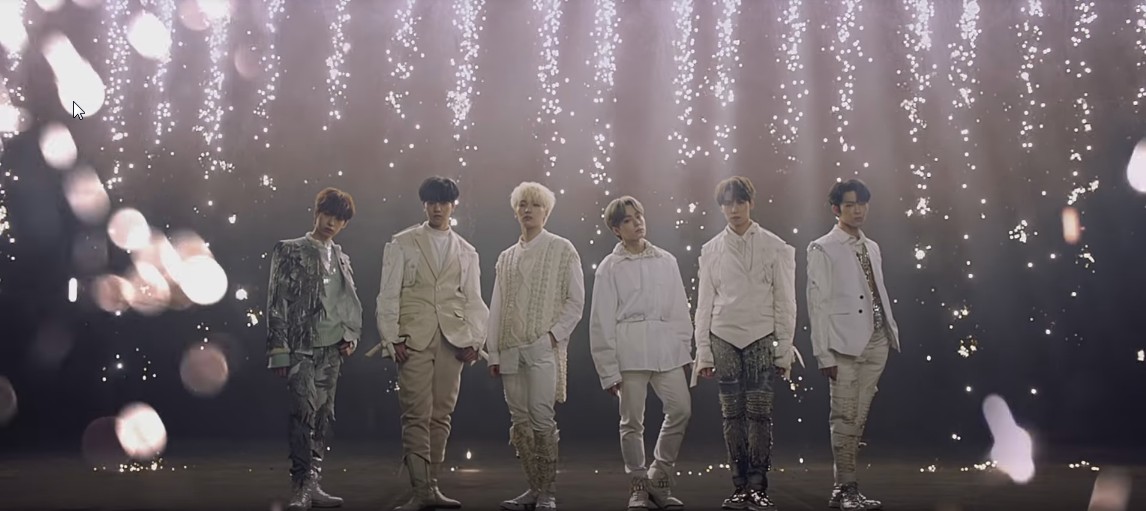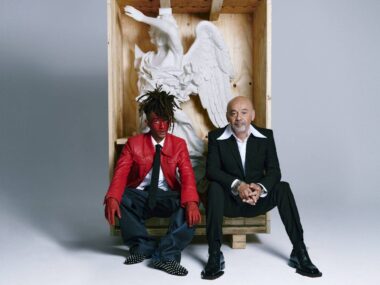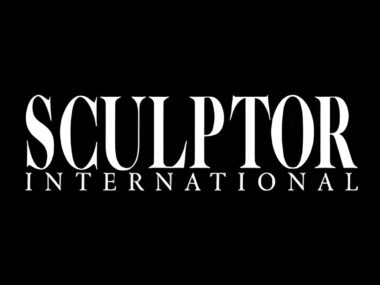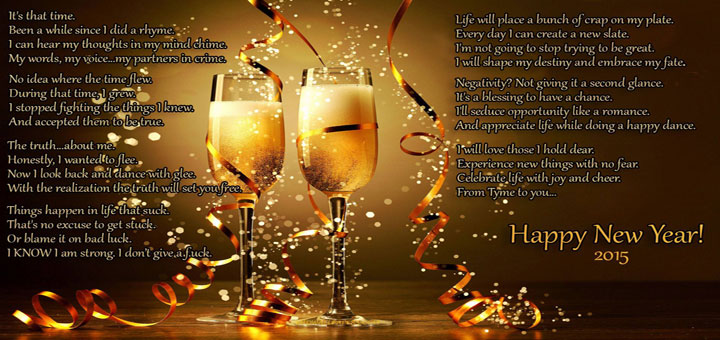What happens when the product that’s supposed to protect you is proven unreliable? That’s the crisis Australia is facing in regards to sunscreen. Consumer watchdog CHOICE and independent labs revealed some of the country’s most popular (and expensive) sunscreens don’t provide adequate protection from the sun.
The Shocking Analysis
CHOICE’s June testing showed that 16 out of 20 sunscreens failed to meet their advertised SPF claims. Ultra Violette Lean Screen tested as low as SPF 4. That means consumers may have been getting just one-fifteenth of the protection they paid for. Independent labs received wildly inconsistent results across Ultra Violette products, ranging from SPF 4 to about SPF 64.
Naked Sundays, which uses a similar 22.75% zinc oxide formula, paused sales of its Collagen Glow Mineral sunscreen pending further tests. Other brands like Outside Beauty, Found My Skin, and Endota also paused sales while they retested their products.
This news has been devastating news for Australians, since the nation has some of the highest rates of skin cancer in the world. Sunscreen is regulated as a therapeutic good in the country (think bandages, medicine like over the counter drugs), so it’s subject to much stricter regulations than in other parts of the world.
The Global Ripple Effect
The scandal couldn’t come at a worse time. In the U.S., the FDA has sent warning letters to five brands like Supergoop for non-approved sunscreen formats like mousses. Meanwhile, anti-science movements and groups like Make America Healthy Again (MAHA) have been questioning whether sunscreen is needed at all.
For skeptics, the recalls confirm long-standing suspicions. That SPF claims are marketing fluff, not backed by decades of scientific research. For everyday consumers, they may wonder if the sunscreen they use actually works.
If sunscreens are failing to adhere to Australia’s strict regulations, what does that say about the rest of the world?
Internationally, regulation is inconsistent. New ISO standards promise more reliable, non-invasive testing, but adoption is slow and uneven. Consumer groups argue that most sunscreens worldwide don’t meet the bar. This means the Australian scandal is a warning sign of a bigger global trust crisis.
The Cost of Distrust
The more people hear stories like this, the more reluctant they’ll be to use sunscreen. That leaves millions vulnerable to melanoma, one of the deadliest yet preventable cancers. Worse, those who believe in pseudoscience will push for “chemical-free” alternatives that have zero effectiveness against UV rays.
This scandal isn’t only about numbers on a label. It’s about trust. When sunscreens fail, the fallout shakes the belief in one of the simplest, most effective health protections we have.
Rebuilding that trust will take more than an apology. It will require independent testing, transparent results, and stronger global standards. Until then, every recall chips away at the confidence people need to stay safe in the sun.
